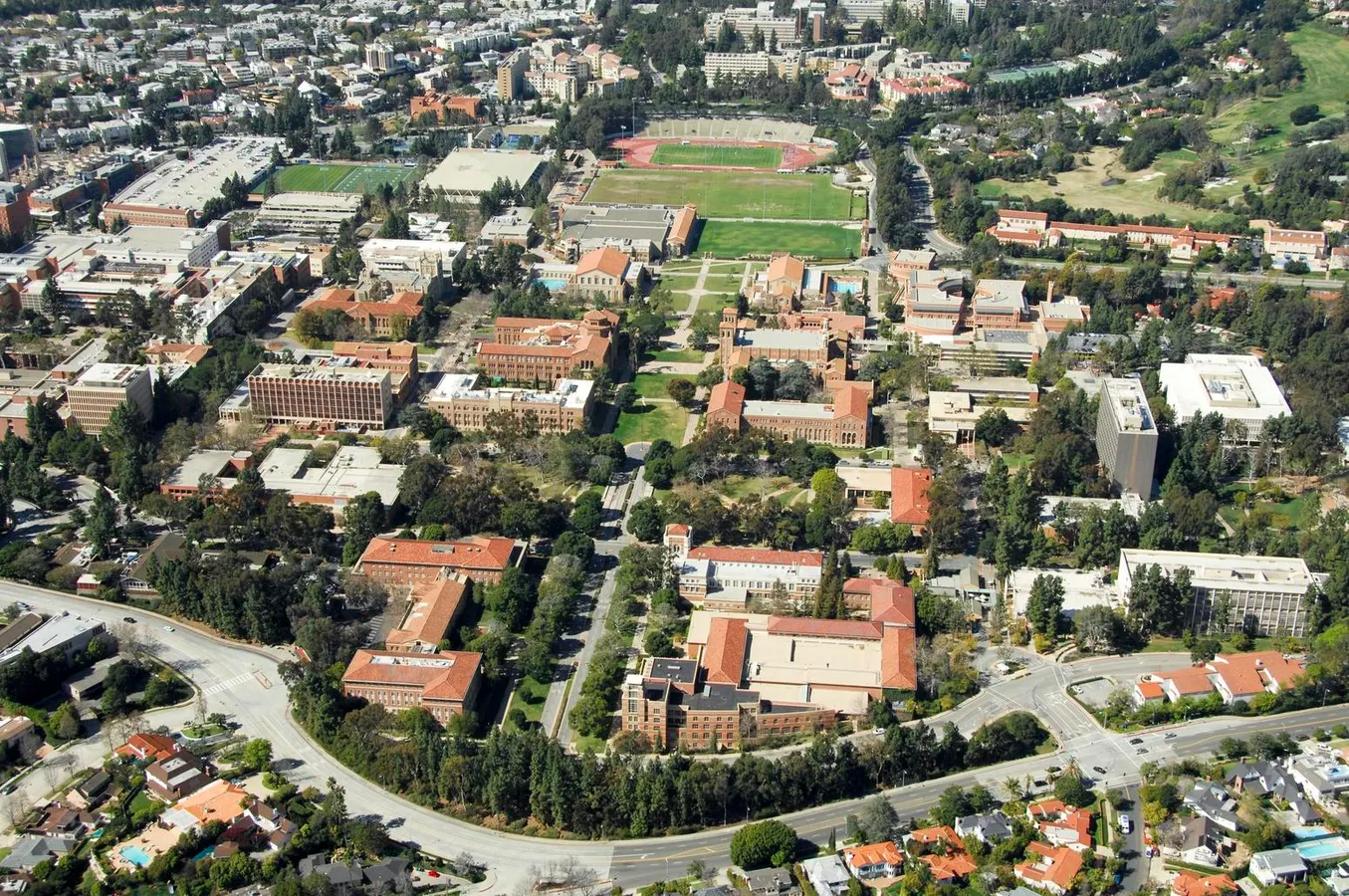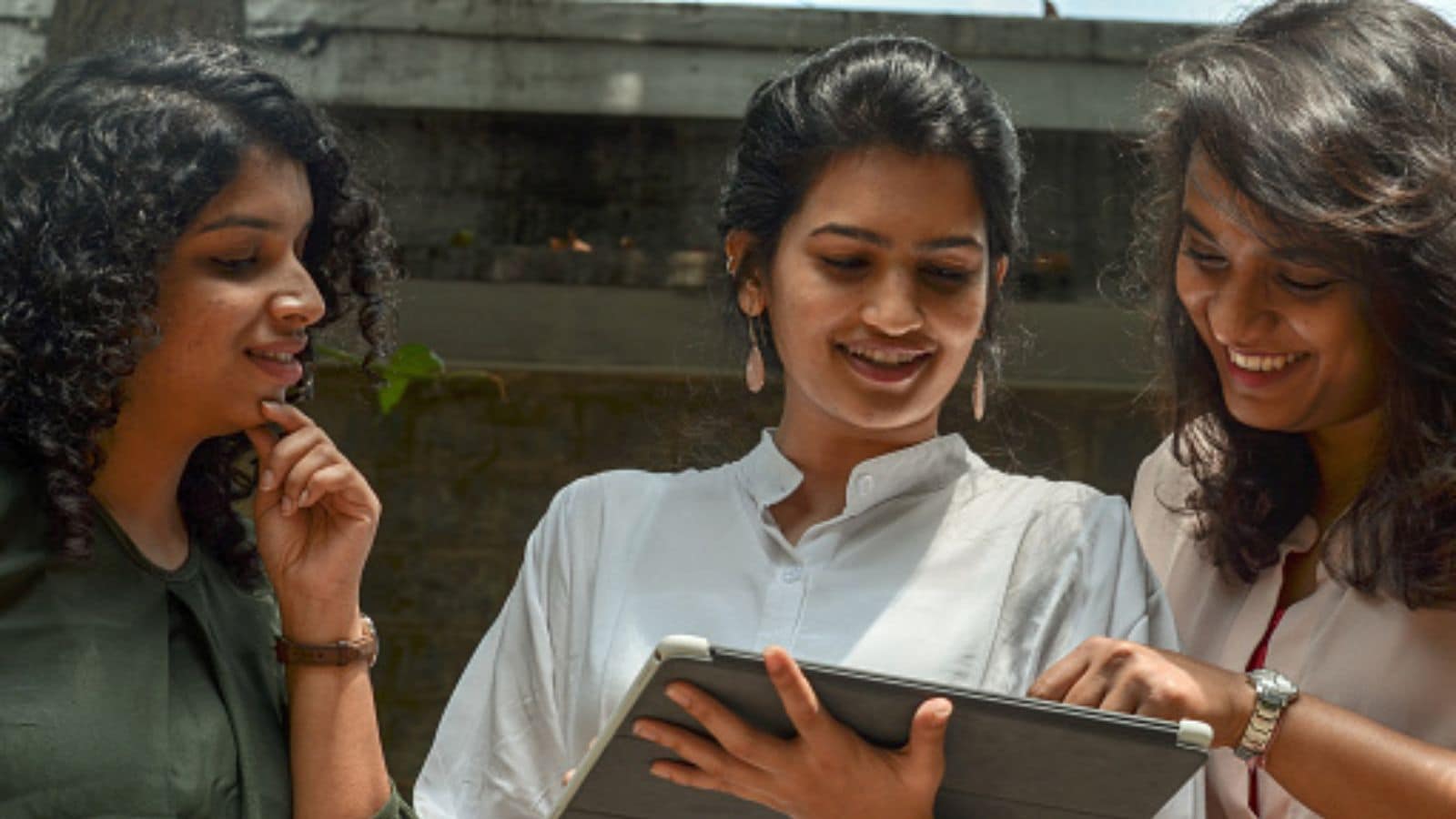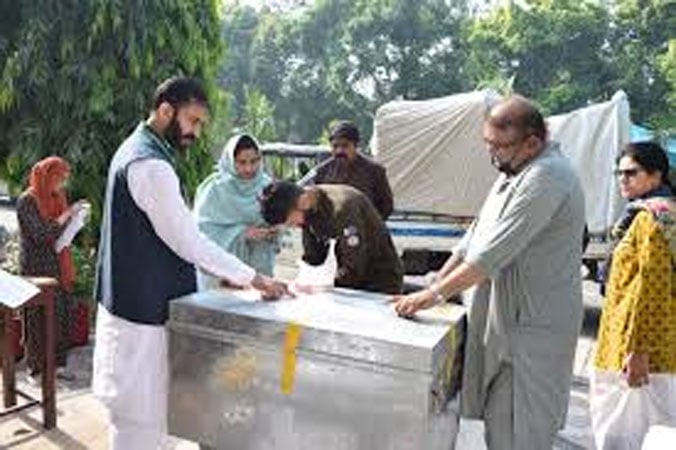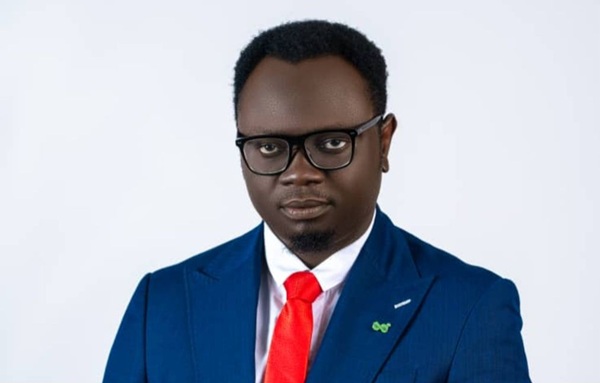Copyright The Boston Globe
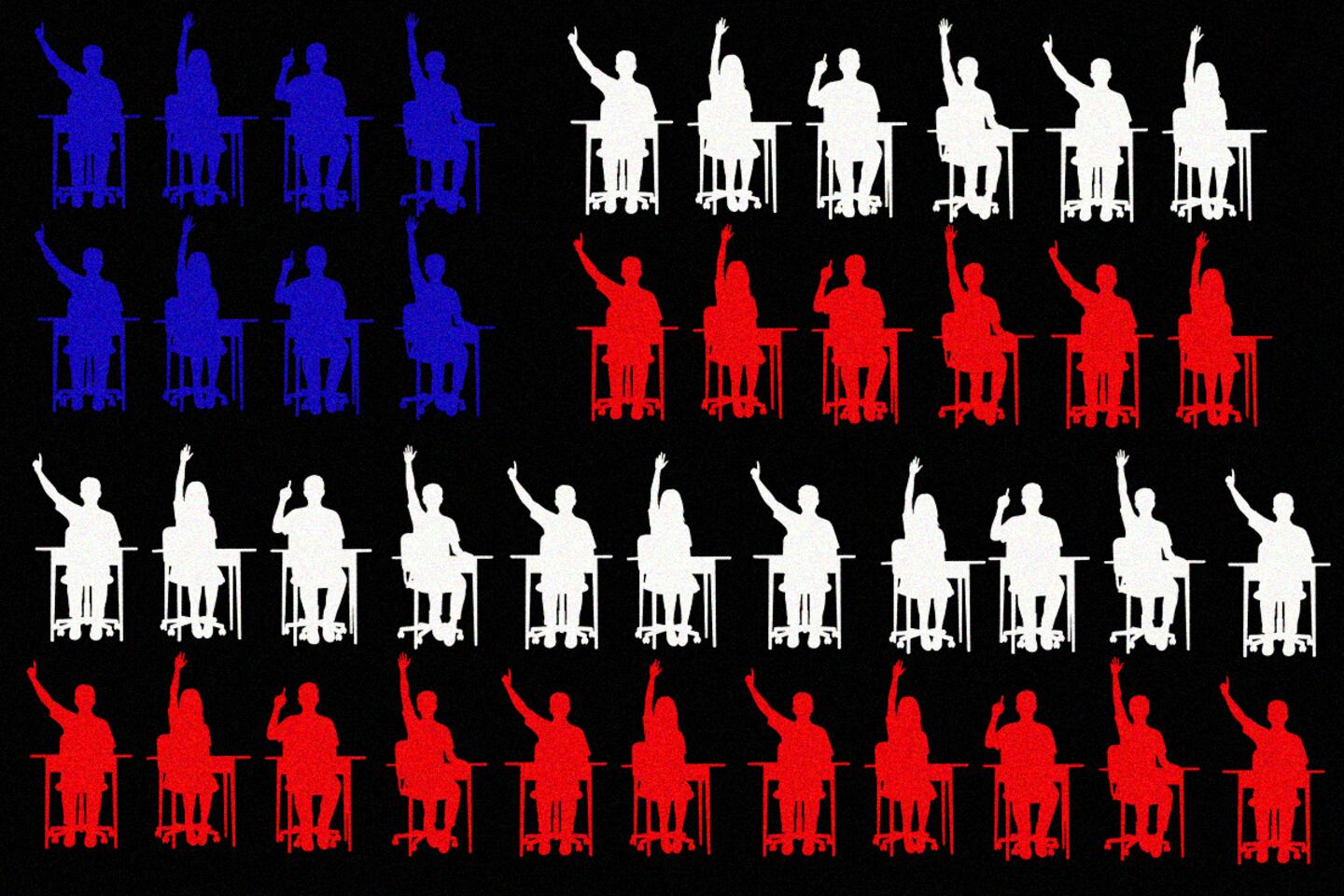
Framing the question of civics education as the teaching and assessment of American history misses the point. Civics is not about boosting national pride or fueling shame. It’s about preparing citizens for the task of cultivating democracy. It doesn’t require memorization. It should ask students to stop, think, and argue — and appreciate how others might differ. The essential fact we too often overlook is that we do not fully know what democracy is. We are quite certain about what democracy is not: regimes in which citizens cannot assemble, criticize their government, or change their leadership. But positive assessments are trickier. Some criteria — majority rule, the protection of minority rights, equality of opportunity — can diverge from or contradict the others. This circumstance is vexing, but it’s also democracy’s essence. This is because democracy itself is unfinished, imperfect, and always changing. Instead of discussing the rules for electing leaders, students could wrestle with the fact that early popular republics, from Athens to Florence, distrusted elections as oligarchic institutions and preferred selecting leaders by random lottery. Students could grapple with whether the protection of individual and minority rights can coexist with the democratic empowerment of majorities. This type of civics education is rooted in humility, which is vital to democracy. Without humility, we are tempted to equate our particular institutions with the definition of democratic self-government. A humble approach views democracy as a question to be explored rather than an achievement to grasp onto. When we appreciate the unfinished and perplexing nature of democracy, we become less likely to treat those with whom we disagree as enemies of the state and more likely to see them as grappling with the same puzzles from a different standpoint. Fostering perplexity addresses a big problem with contemporary civics education: Students find it boring. Memorizing facts or digesting prepackaged analysis is dull. By contrast, asking students to dig into philosophical questions, such as the proper role of expertise in democracy or whether equality of opportunity is a feasible goal, can be absorbing and stimulating. Civics education also needs to think beyond US boundaries. An improved civics education should focus on the enduring puzzles and problems of democracy around the world. De-Americanizing civics education reminds us that America is not equivalent to democracy itself. To the extent America has a role to play in civics education, it can’t be simply that it is the world’s most powerful state, or even that it is our state, but that it continues to have a unique relationship to democracy. We should be preparing students for democratic citizenship, cultivating the questioning, humility, and imagination that will serve them in whatever future emerges. Students who leave class perplexed by open-ended questioning may be better prepared to function as citizens. Studies suggest that participants in policy debates become more informed, tolerant, and politically engaged. Students trained in open-ended philosophical inquiry are more likely to demonstrate empathy, respect for others’ viewpoints, and cooperation with others. Research routinely shows that discussion-based classrooms, in which students have the chance to explore controversial political topics, correlate with higher levels of political knowledge, willingness to engage, and support of democracy itself. Civics education that perplexes can make students less prone to believe in demagogues, more willing to see democracy as a work in progress, and better able to listen, argue, and compromise with those with whom they disagree. Ironically, the American Founders are the best role models for a post-American civics education. To think like a Founder, to contemplate politics without the assurance of the past, fosters the courage to wrestle with the hardest questions of self-government. New organizations devoted to the renewal of civics education are driven by the idea that we can learn to protect our democratic institutions from the various ills imperiling them. But the best way to resist these threats is a civics education that perplexes before it clarifies, problematizes before it answers, humbles before it galvanizes. Such education will inspire the kind of citizens democracy requires to survive.
